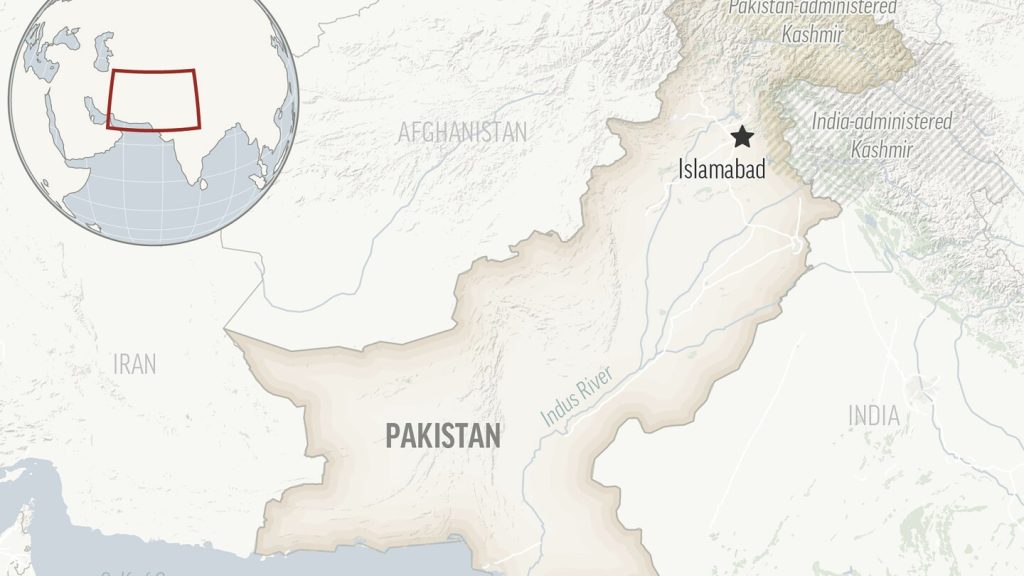Protests in the Pakistan-held part of Kashmir have been called off after authorities agreed to lower prices of electricity and wheat. The local civil rights alliance, the Awami Action Committee, decided to cancel a planned march in Muzaffarabad, the capital of the region, following the government’s acceptance of their demands. The demonstrations initially erupted due to price hikes and quickly turned violent, resulting in the deaths of four individuals, including a police officer. More than 100 policemen were also injured in clashes with protesters, who were met with tear gas and gunfire from security forces. The head of the local government announced on Monday that prices of wheat and electricity would be reduced.
The economic crisis in Pakistan-held Kashmir is indicative of larger issues within the country, as Pakistan has been struggling with high inflation rates. The monthly inflation rate hit 40% last year and remains at 17%, leading to widespread discontent among the population. While demonstrations against price hikes have occurred in the past, the recent protests in Kashmir marked the first time such large numbers of people took to the streets in the territory. The situation highlights the challenges faced by the region, which is divided between India and Pakistan, with both countries claiming ownership of the entire territory. The ongoing conflict between the two nuclear-armed neighbors has led to multiple wars, with the issue of Kashmir being a major point of contention.
In the Indian-controlled portion of Kashmir, militants have been fighting against Indian rule since 1989, adding to the complexity of the situation. Despite regular skirmishes between Indian and Pakistani forces, a cease-fire agreement was reached in 2003, which has largely held. However, tensions remain high in the region, and any escalation of violence could have severe consequences for both countries. The recent protests in Pakistan-held Kashmir serve as a reminder of the challenges faced by the region, as economic hardships and territorial disputes continue to fuel social unrest. The government’s decision to lower prices may have calmed the situation for now, but the underlying issues remain unresolved, leaving the potential for further unrest in the future.


